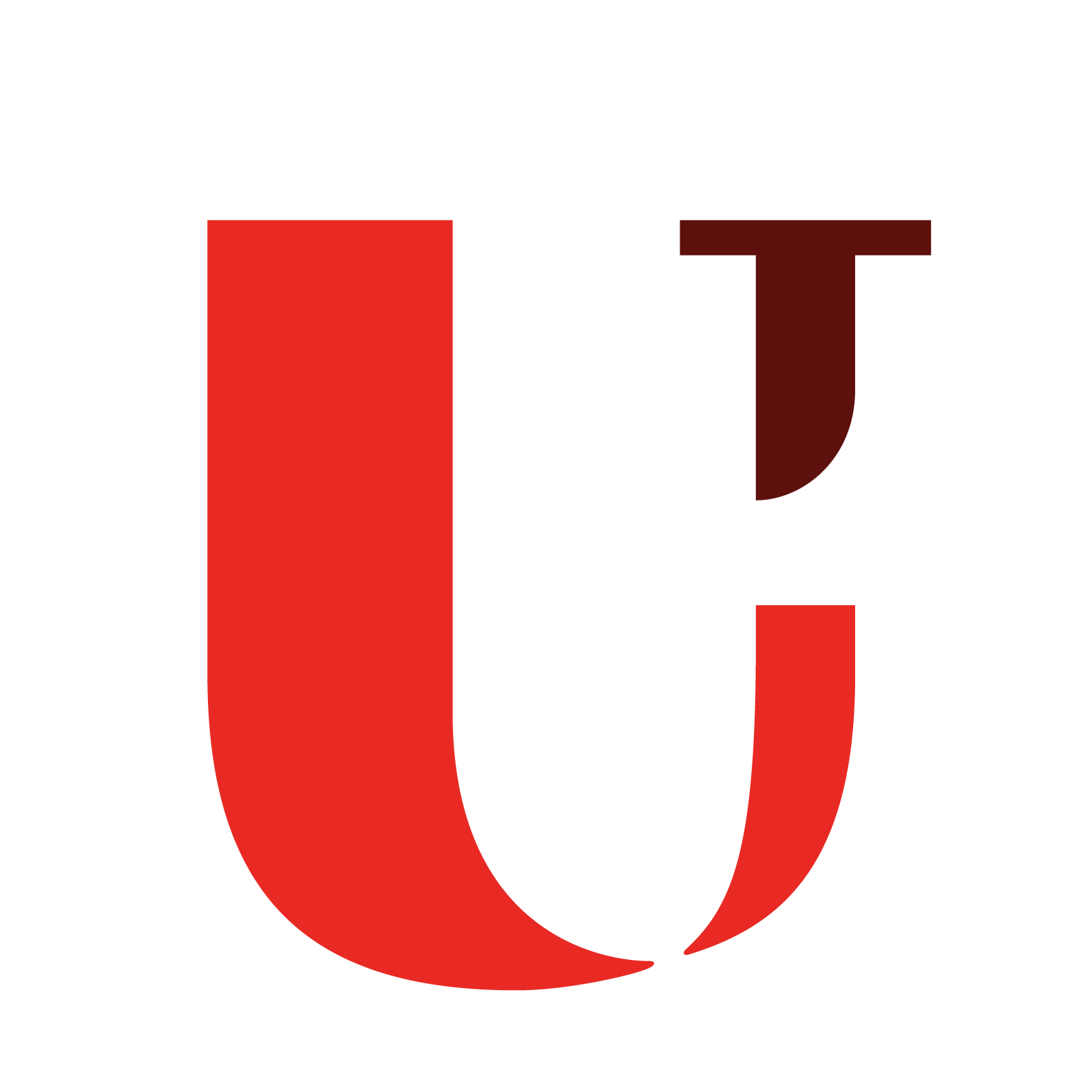Ce parcours de master comprend deux années (60 ECTS chacune).
Première année (M1) :
The 2nd year (M2) is an international Master's degree program based on a solid training in structural and functional biochemistry. Students will be offered theoretical and technical training in most of the cutting-edge techniques in this field. Lectures will be provided in English language.
Students will be asked to select 3 courses among the 4 following items, in order to tailor their study program to suit their academic and career goals:
- Molecular biology & imaging: Principal aims in this course: i) to reinforce or to update your knowledge of the basic principles and methods used in molecular biology and imaging; to show you how to read, understand and analyze published articles concerning molecular biology topics. As it is a technical workshop, you will be asked to raise concerns regarding the experiments, to propose alternative techniques and to discuss the results presented in several publications.
- Integrative Structural biology of macromolecules: will provide you the conceptual and practical basis required to understand the current literature and will introduce you to the latest developments in the fields: advanced methodologies such as electron microscopy, X-ray crystallography, small angle X-ray scattering and nuclear magnetic resonance. It also requires a permanent use of computational biology, and the characterisation of interactions between molecules by biophysical methods such as ITC, microscale thermophoresis, SPR or DSF.
- Proteomics: Mass spectrometry-based approaches for global characterization of proteomes and interactomes, and structural exploration of proteins: Principle of mass spectrometry applied to proteins and peptides, basics of modern mass spectrometers, and presentation of the main workflows used in proteomic analysis (Bottom-up, top-down/middle-down, interactomics, Post-Translational Modifications, including sample preparation workflows).
- Metabolomics: in-depth understanding of the approaches (metabolomics, fluxomics) allowing the investigation of metabolism at the system level (from cells to whole organisms). NMR-based metabolomics & fluxomics. MS-Based metabolomics & fluxomics. The course includes lectures, exercises, and workshops on specific topics as well as illustrative examples of the application of metabolomics and fluxomics to address current challenges in Human health and in other major research fields.
Mandatory courses in Statistics, Bioethics, Scientific analysis and communication, and Basics of management will also be offered. In addition, students will have the opportunity to deepen their knowledge performing a scientific/technological project within the frame of academic or professional themes.
A full description of the Master program can be downloaded here (syllabus).
Connaissances
This Master's degree will allow students to acquire a solid background in the understanding of living system molecular mechanisms, as well as strong skills in the techniques currently used to identify molecules and/or to study their structure, function and interactions. Students will acquire a broad range of the different approaches and they will develop their critical thinking skill in solving biological issues.
Students will also benefit from a solid, thorough, and broad-based training in the art of thinking and presenting results through an extensive practice in clear reasoning, critical analysis, and deciphering complex subjects.
- Moleculat biology.
- Proteomics.
- Metabolomics.
- Biophysics.
- Structural biology of macromolecules.
- Statistics.
- Basics on managment.
Lieu(x) des enseignements
Toulouse - 118 rte de Narbonne
All teaching are provided on the UT3 campus site.
Durée de la formation
2 ans
Partenariats
Laboratoires
A Toulouse : Institut de Pharmacologie et de Biologie Structurale (IPBS), Centre de Biologie Intégrative (CBI), Centre de Recherche en Cancérologie de Toulouse (CRCT), Laboratoire de recherche en Sciences Végétales (LRSV), Institut Toulousain des Maladies Infectieuses et Inflammatoires (INFINITY), RESTORE...
Hors Toulouse : nombreux laboratoires CNRS, INSERM, INRA, CEA, Pasteur, Curie...
Entreprises
Evotec, Sanofi-Aventis, Pierre Fabre, Roche, Amatsi group, Norvartis, GTP Technology, Nestlé, Unilever, Galderma, Nanobiotix, Cargill, Imabiotech, Syngenta, Apteeus, Aspen Pharma, L'Oréal, Anaquant, Fournier

